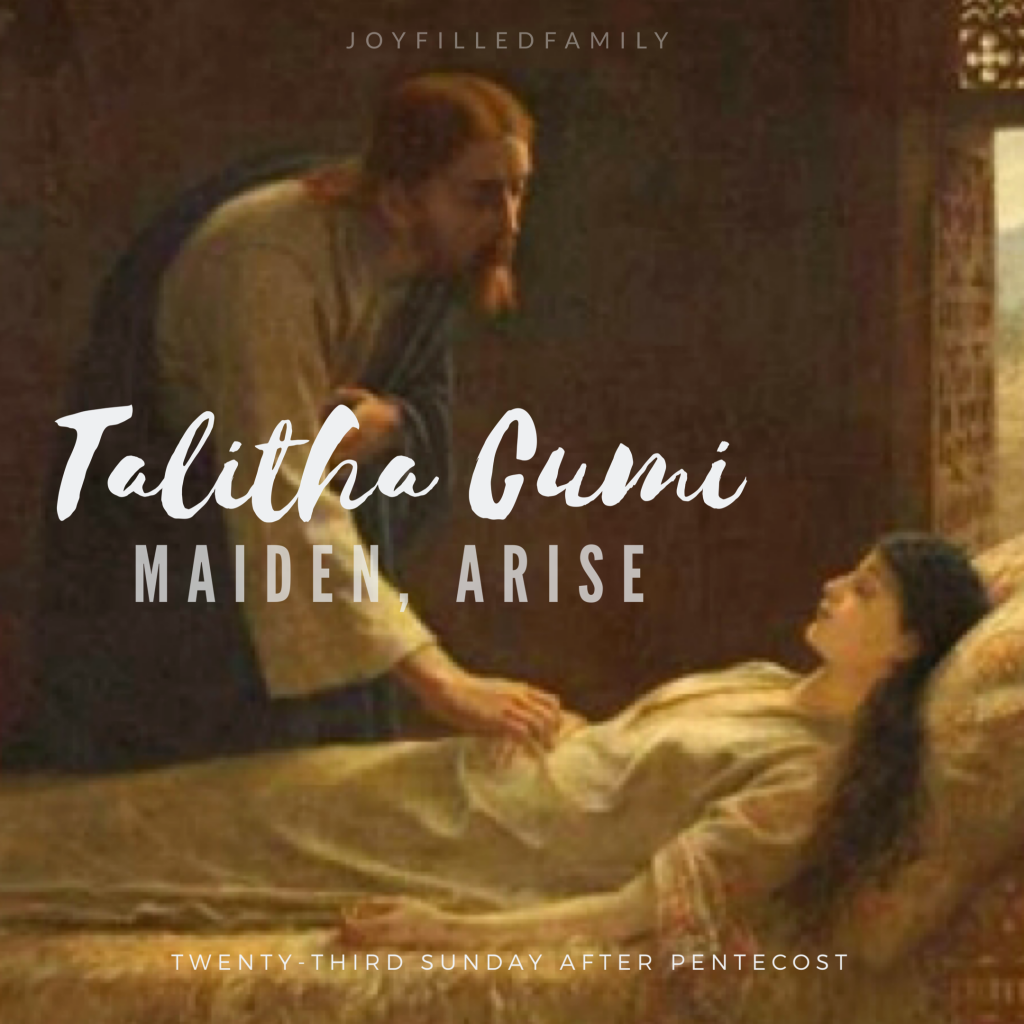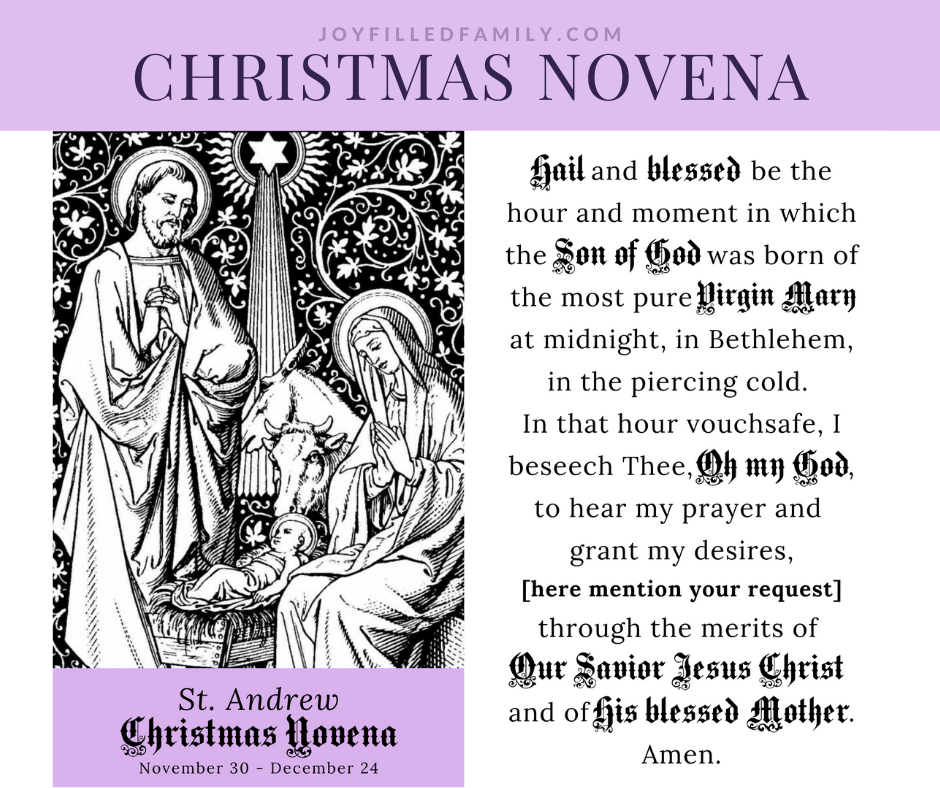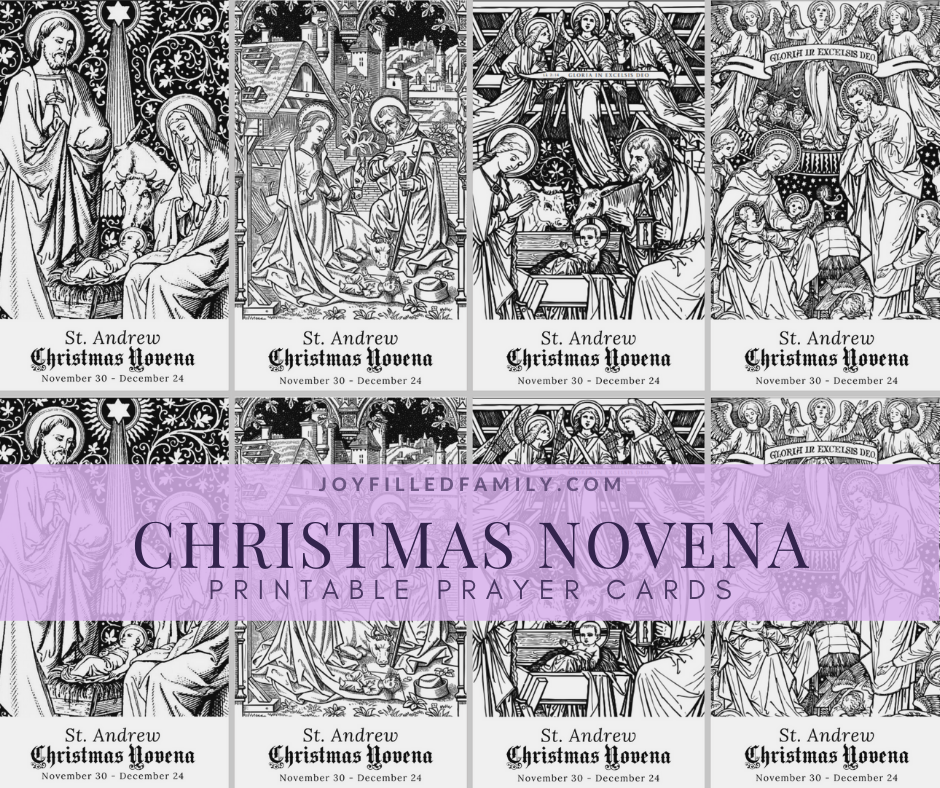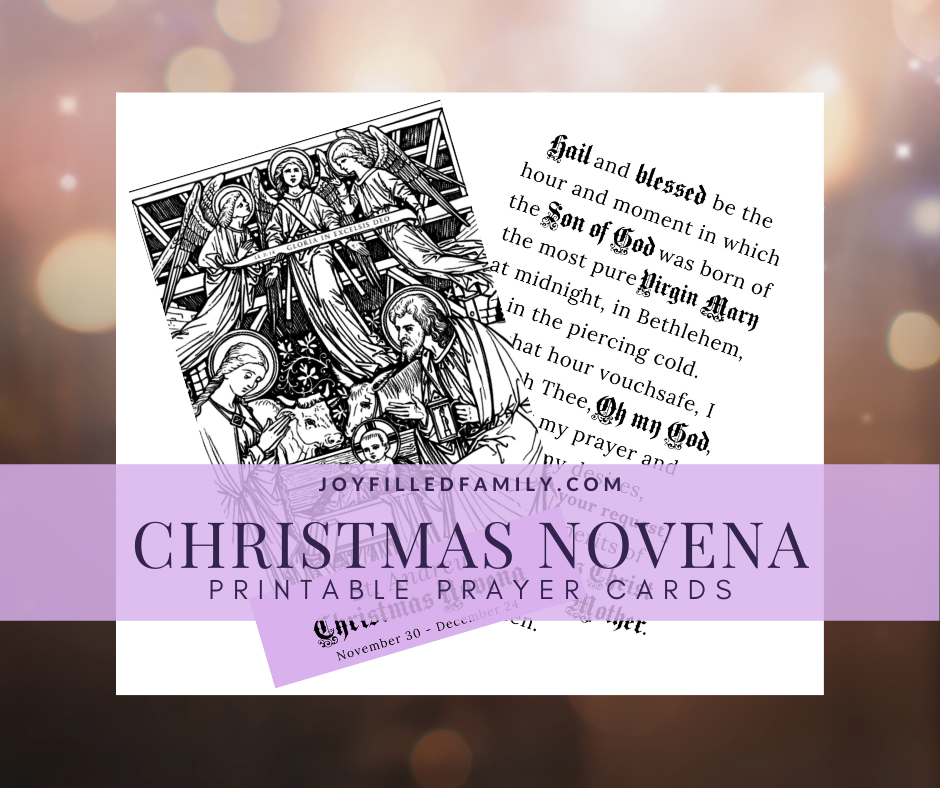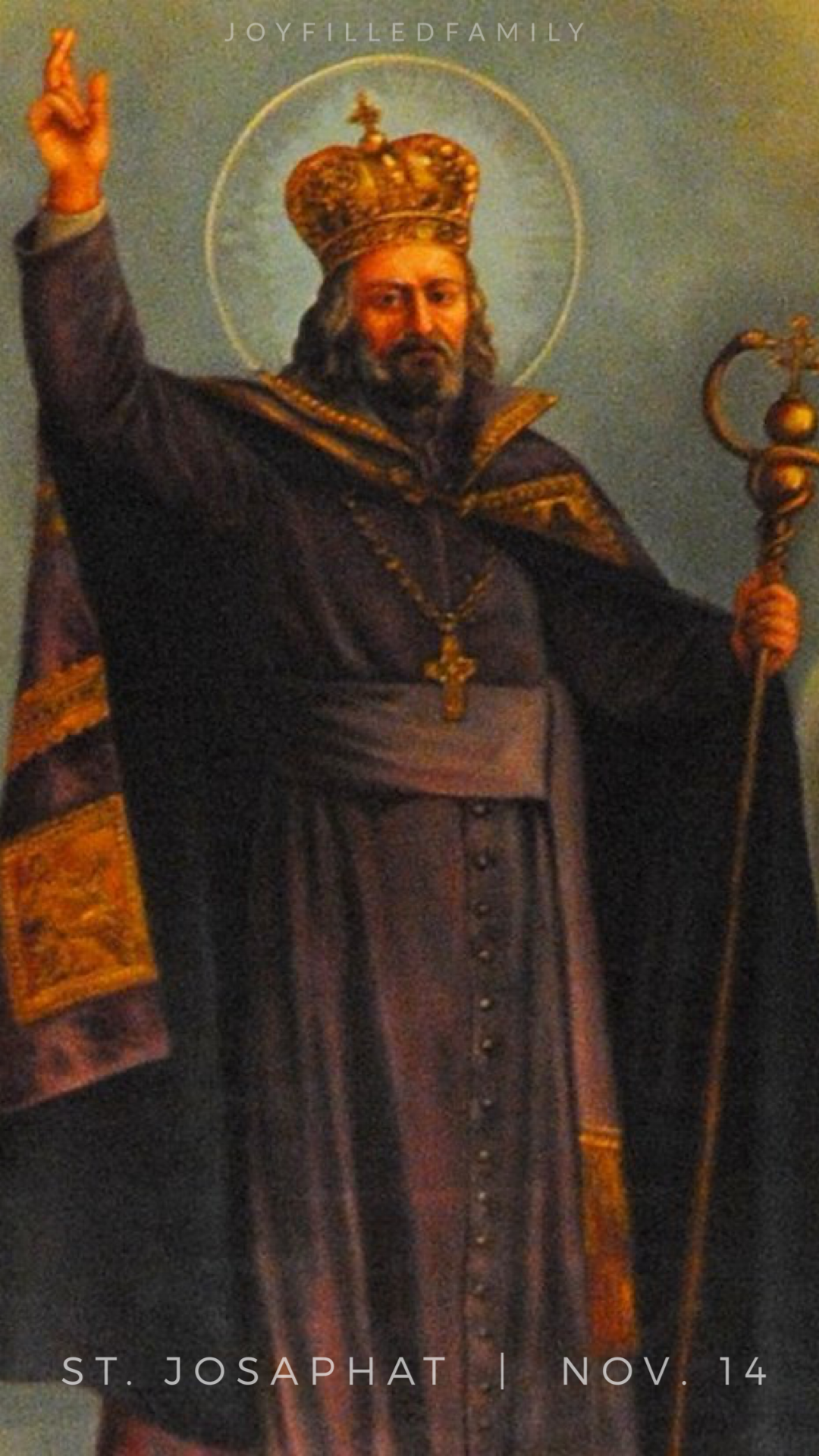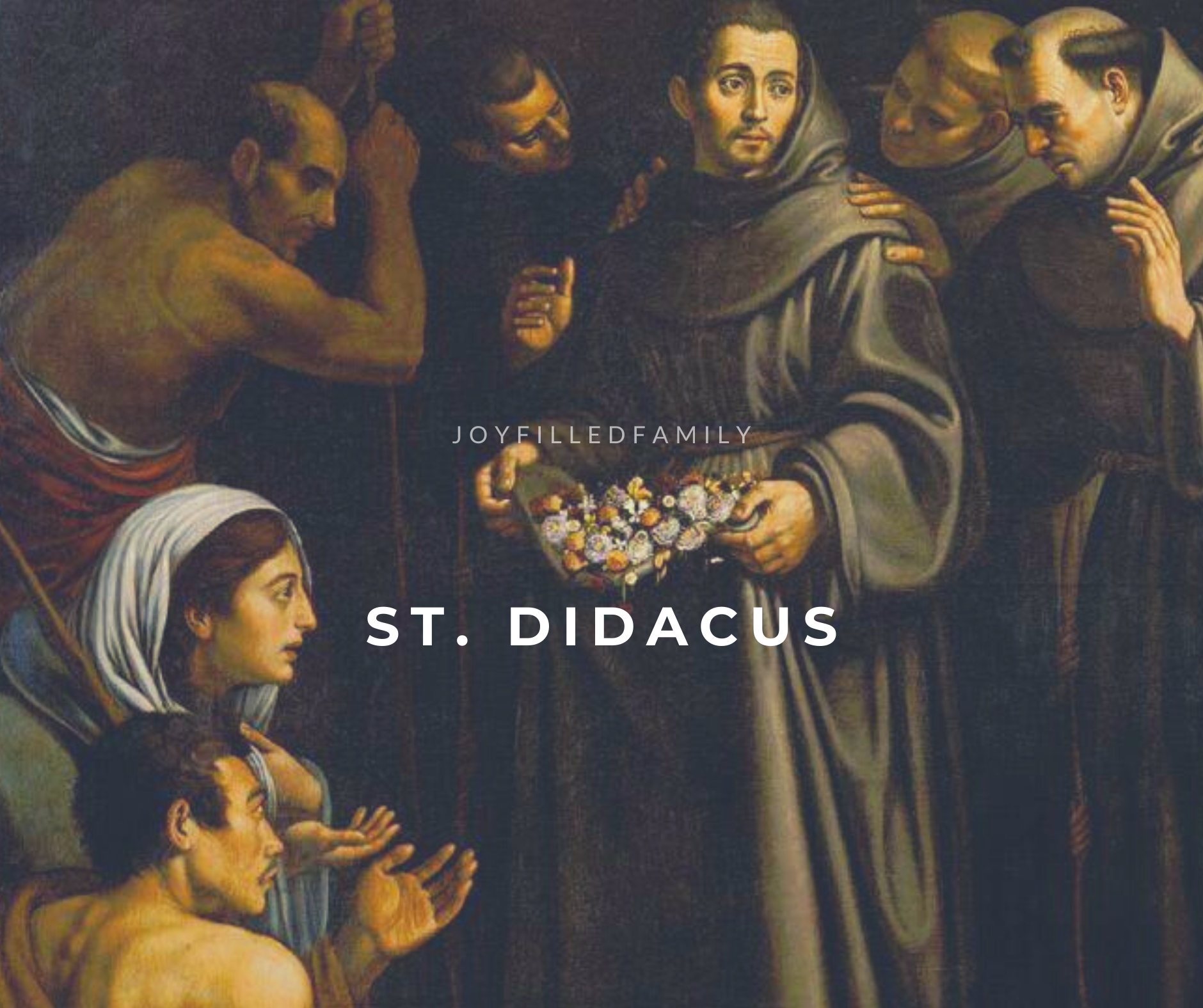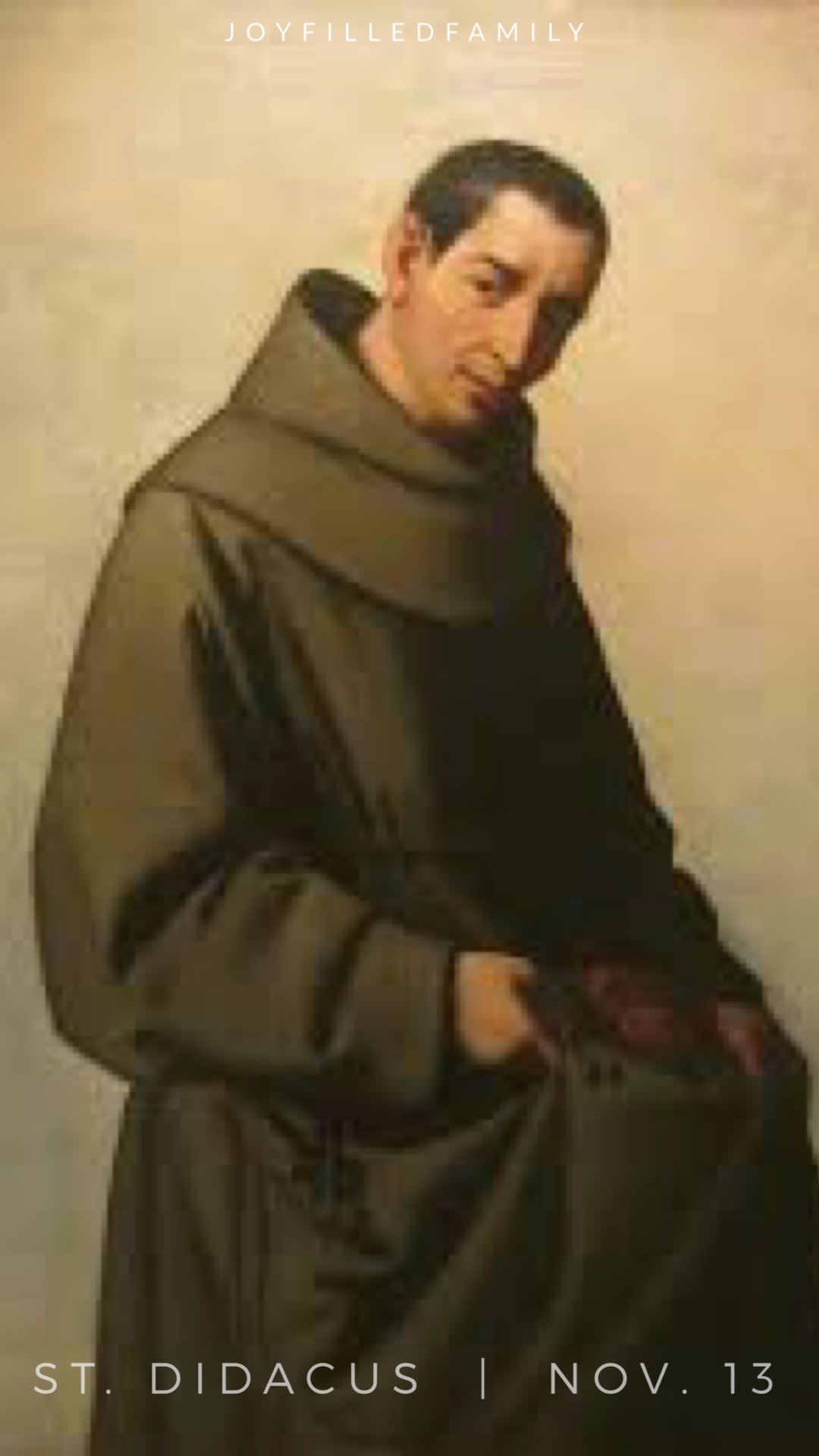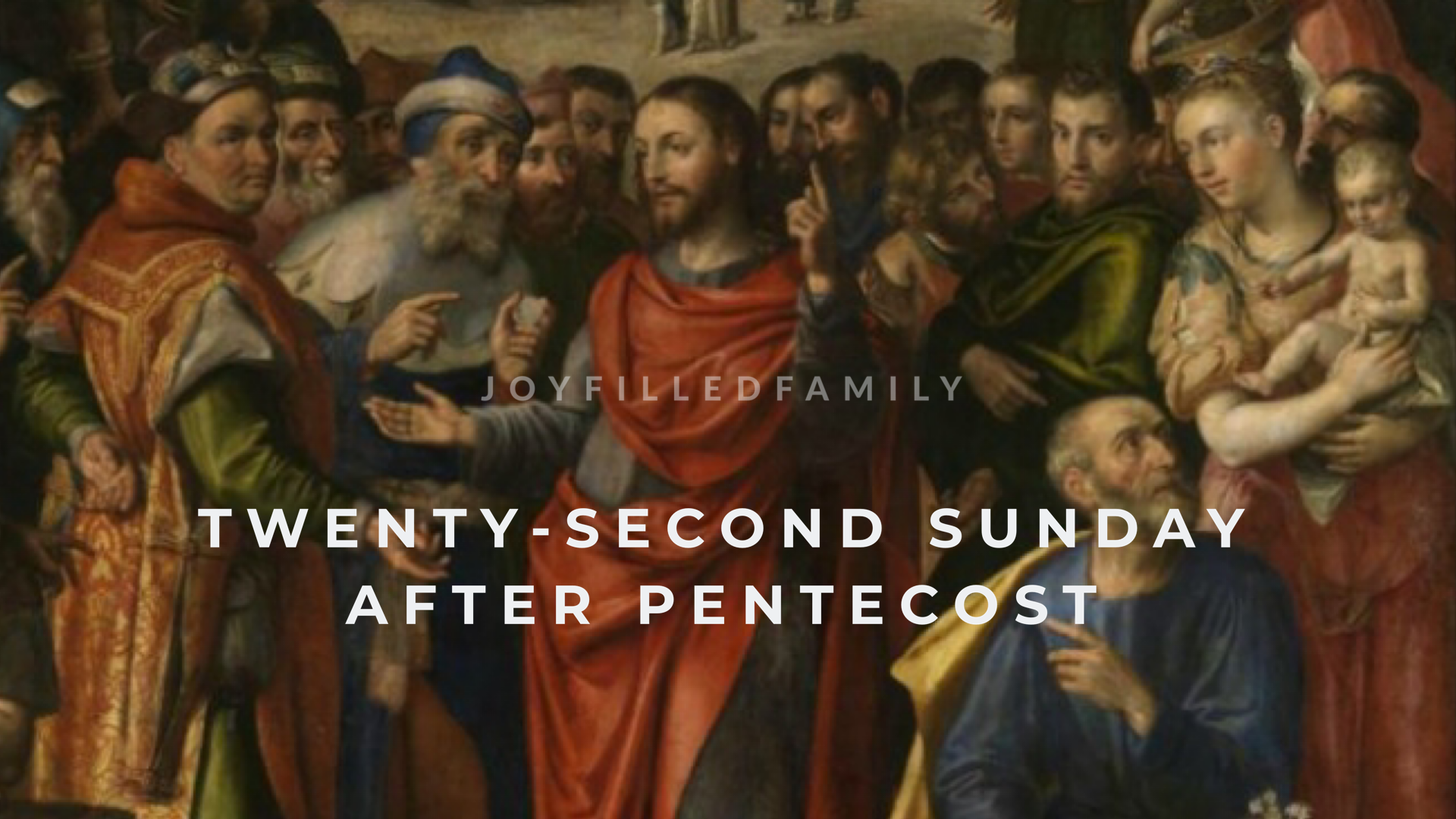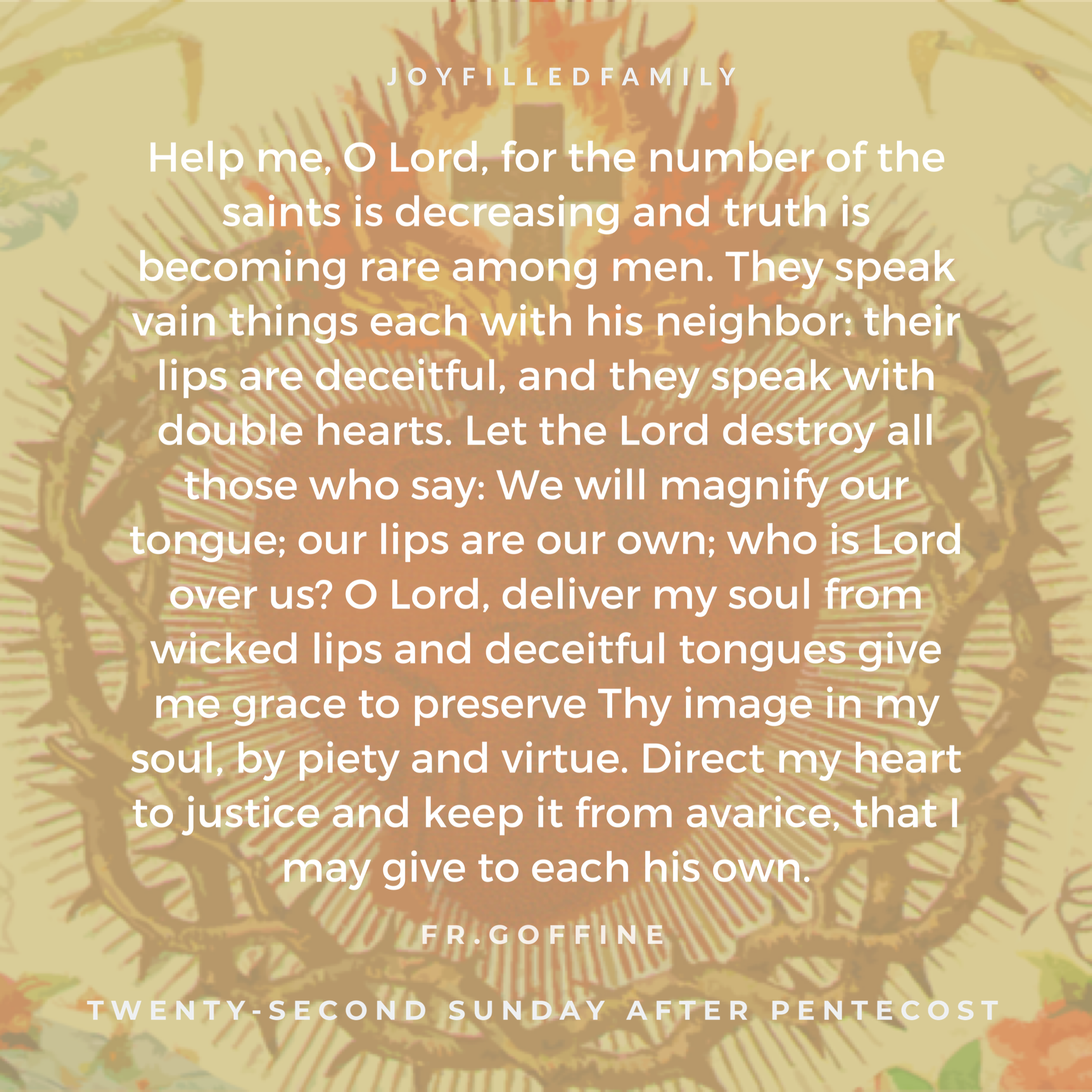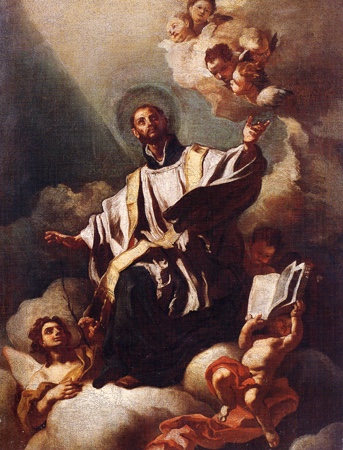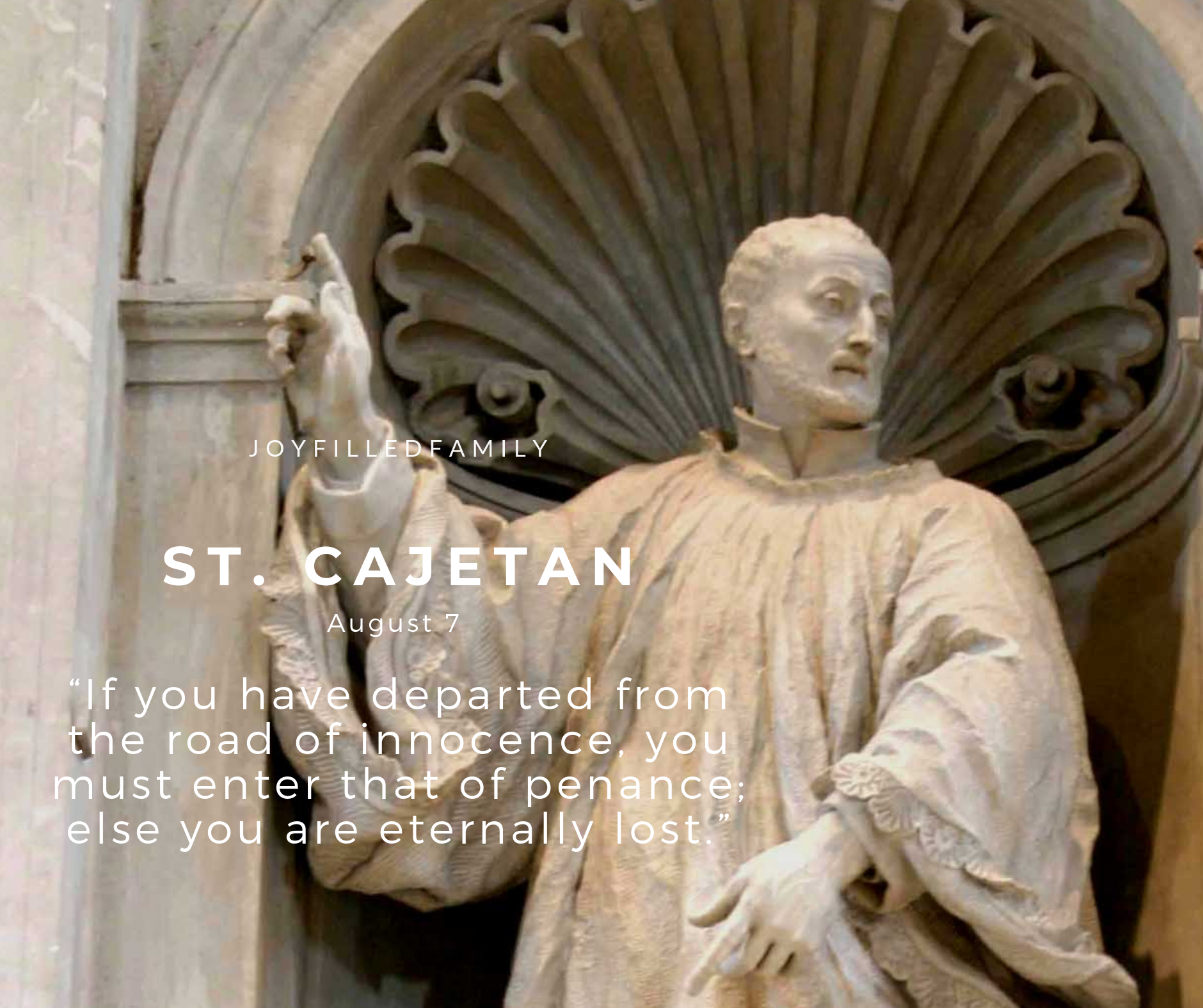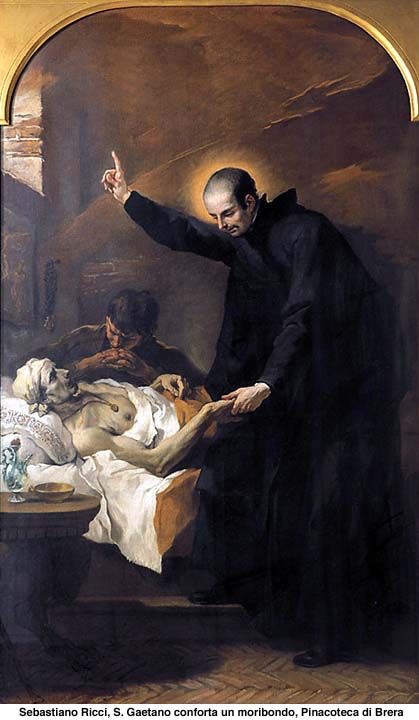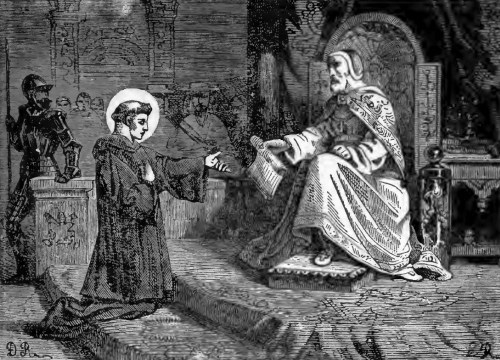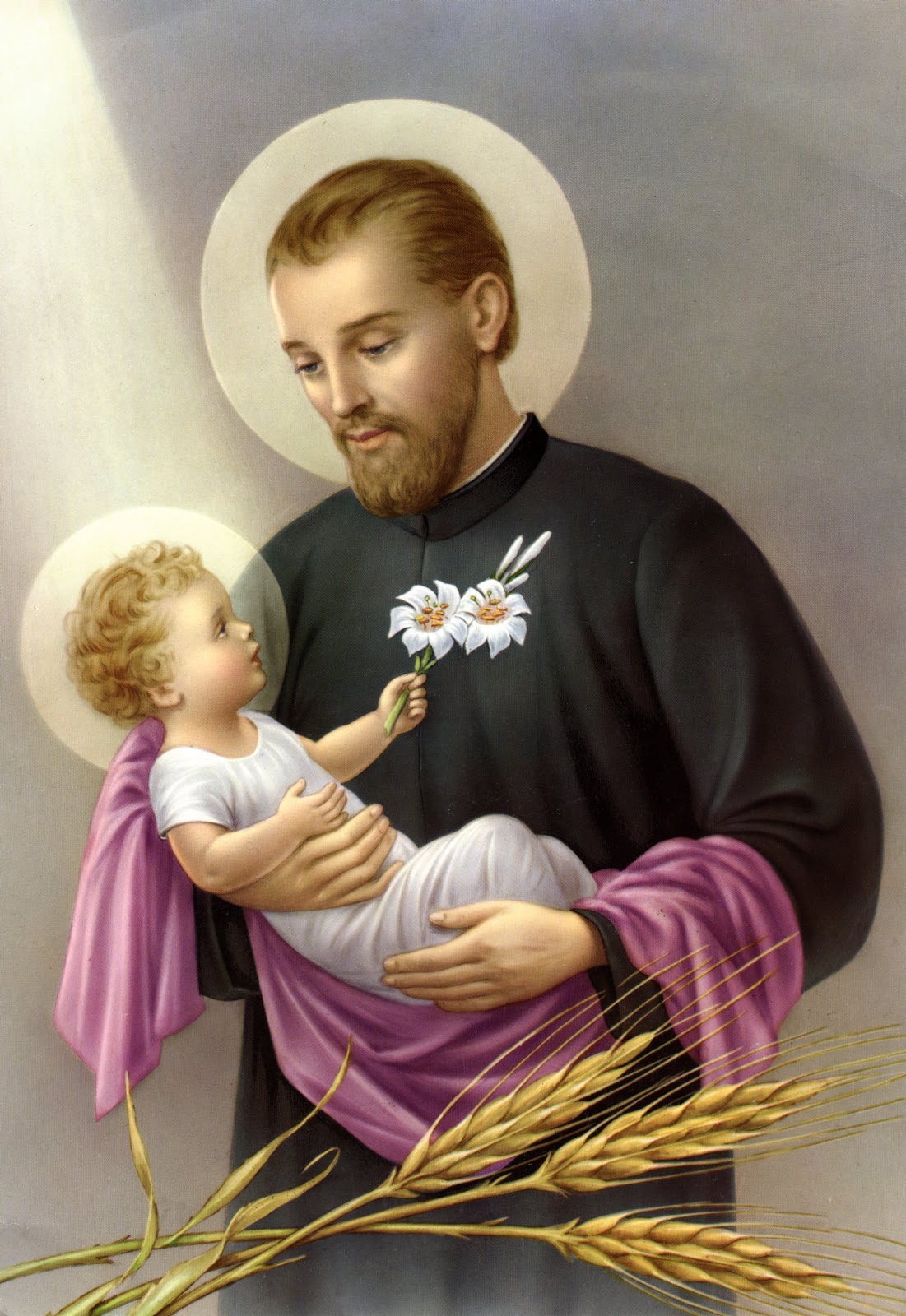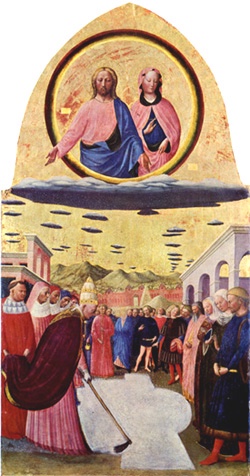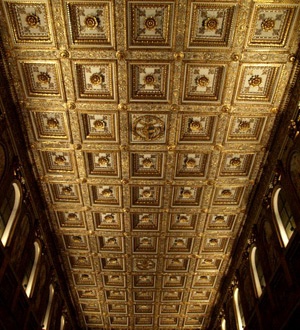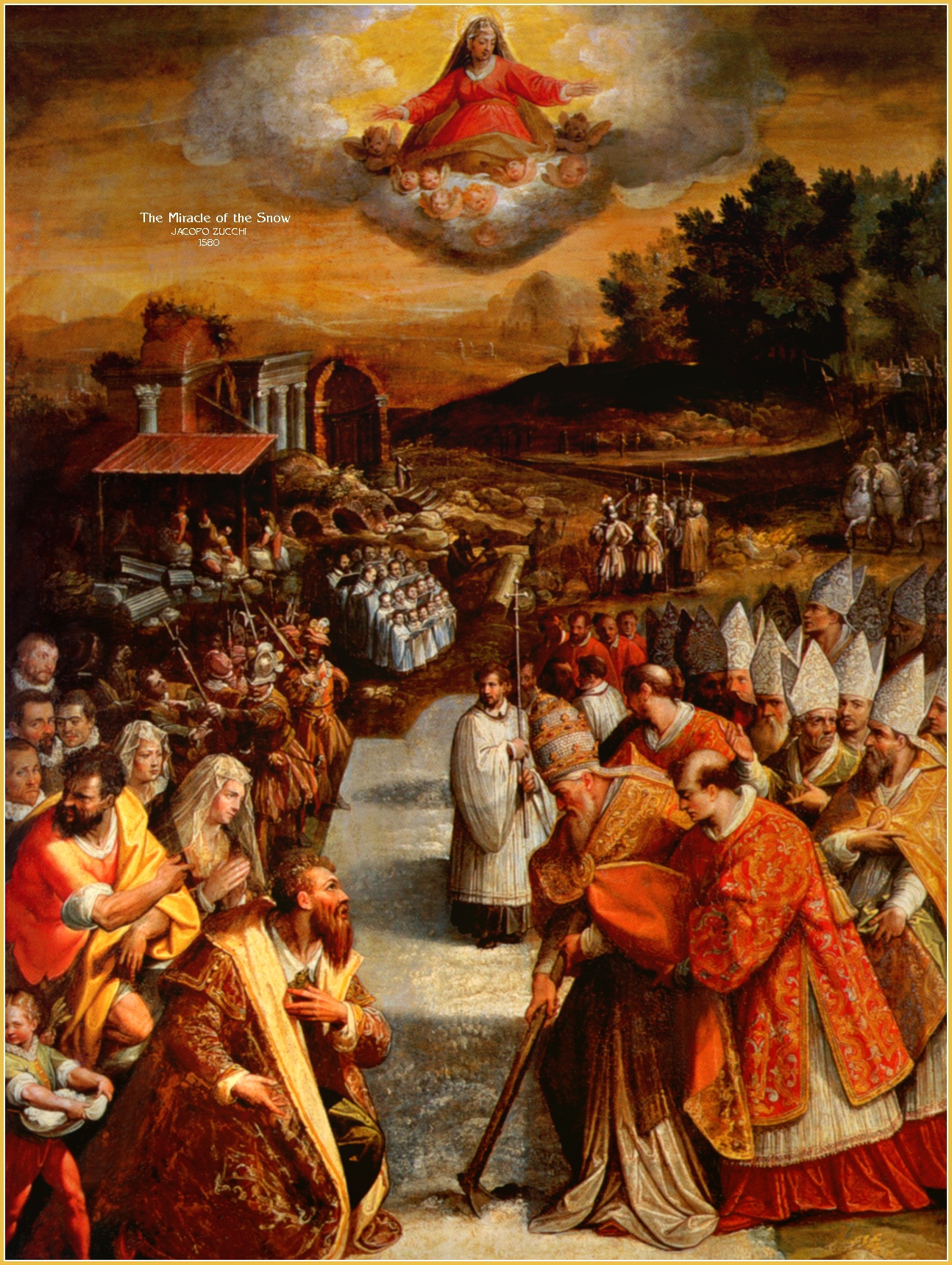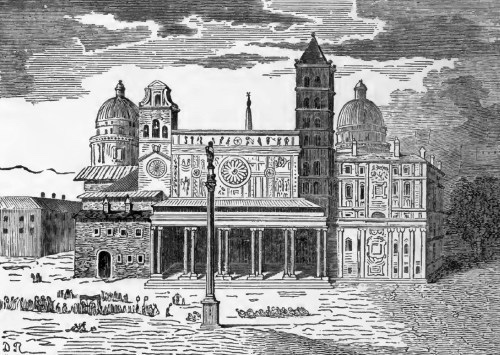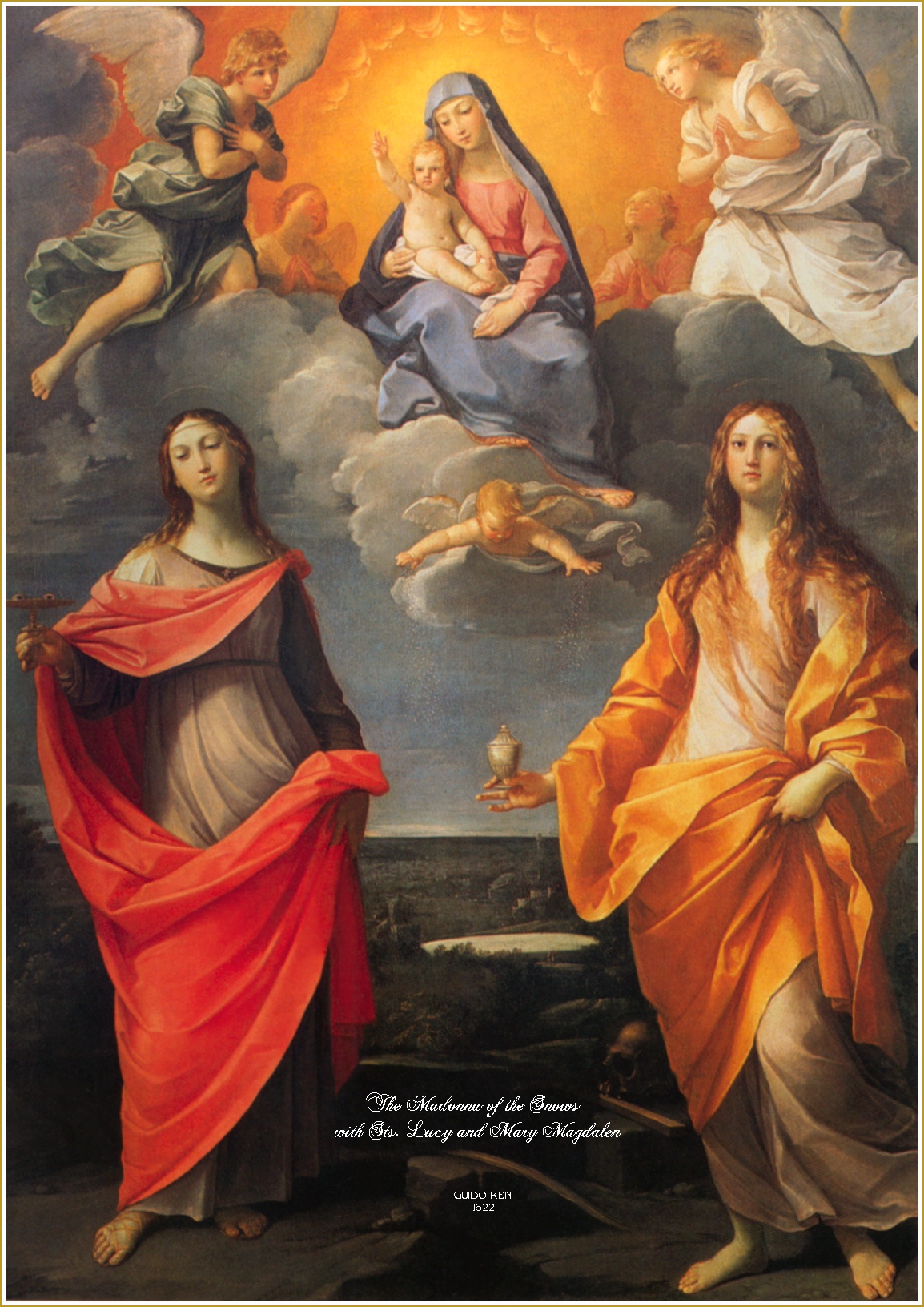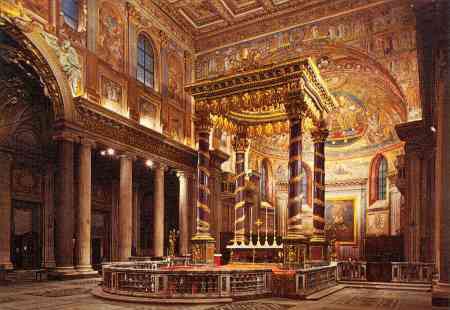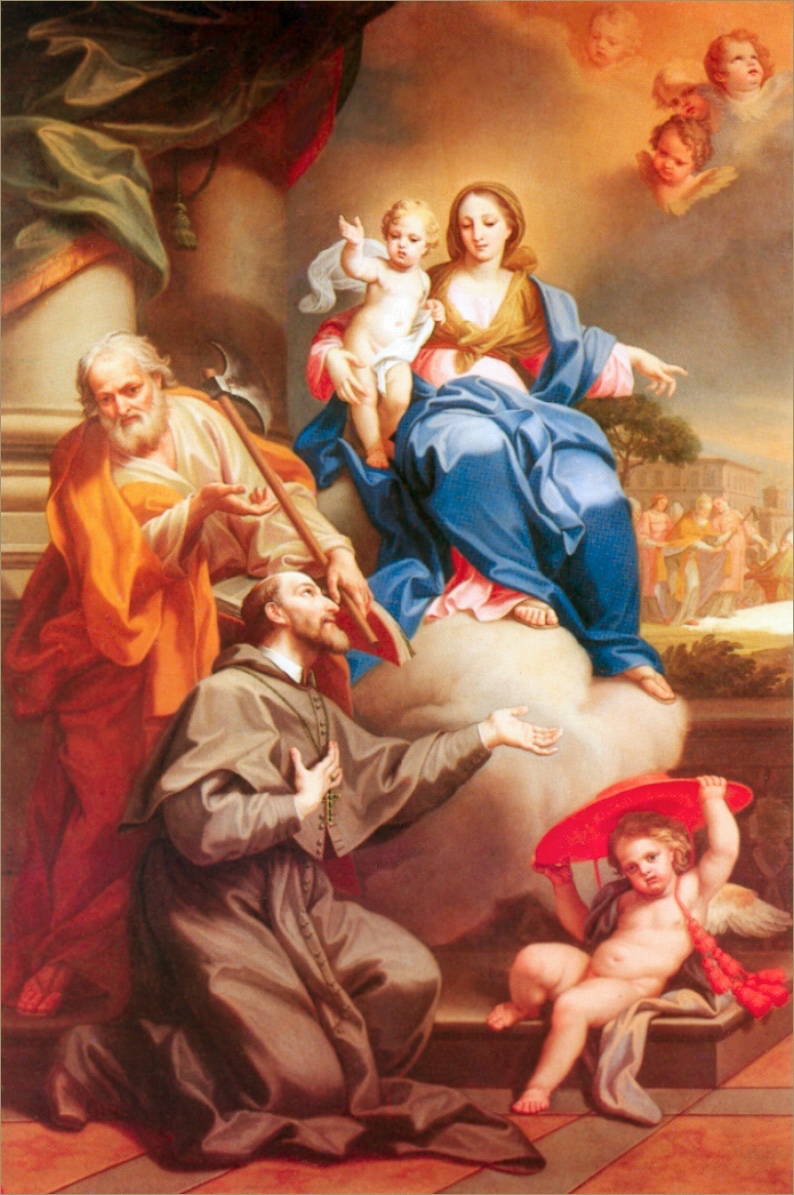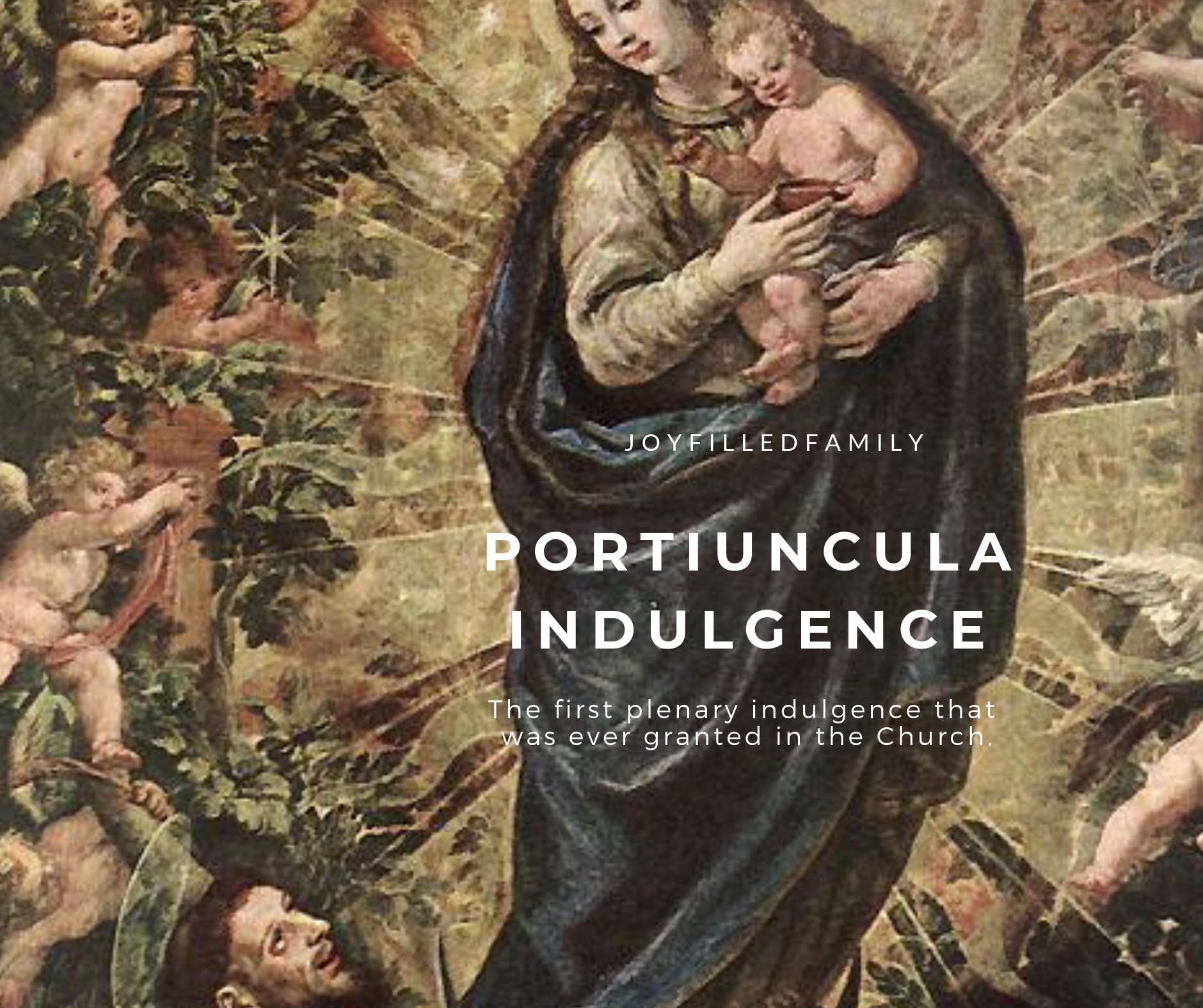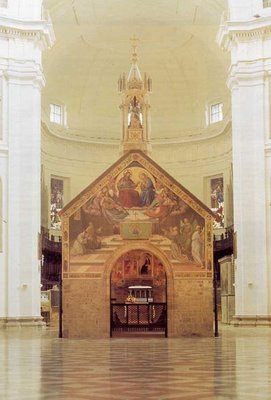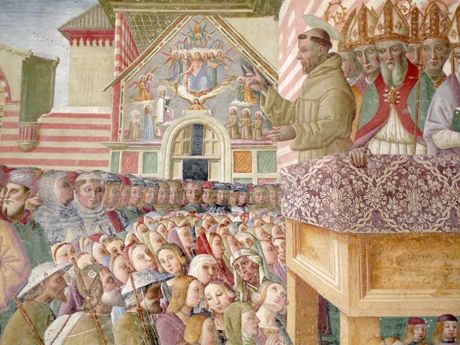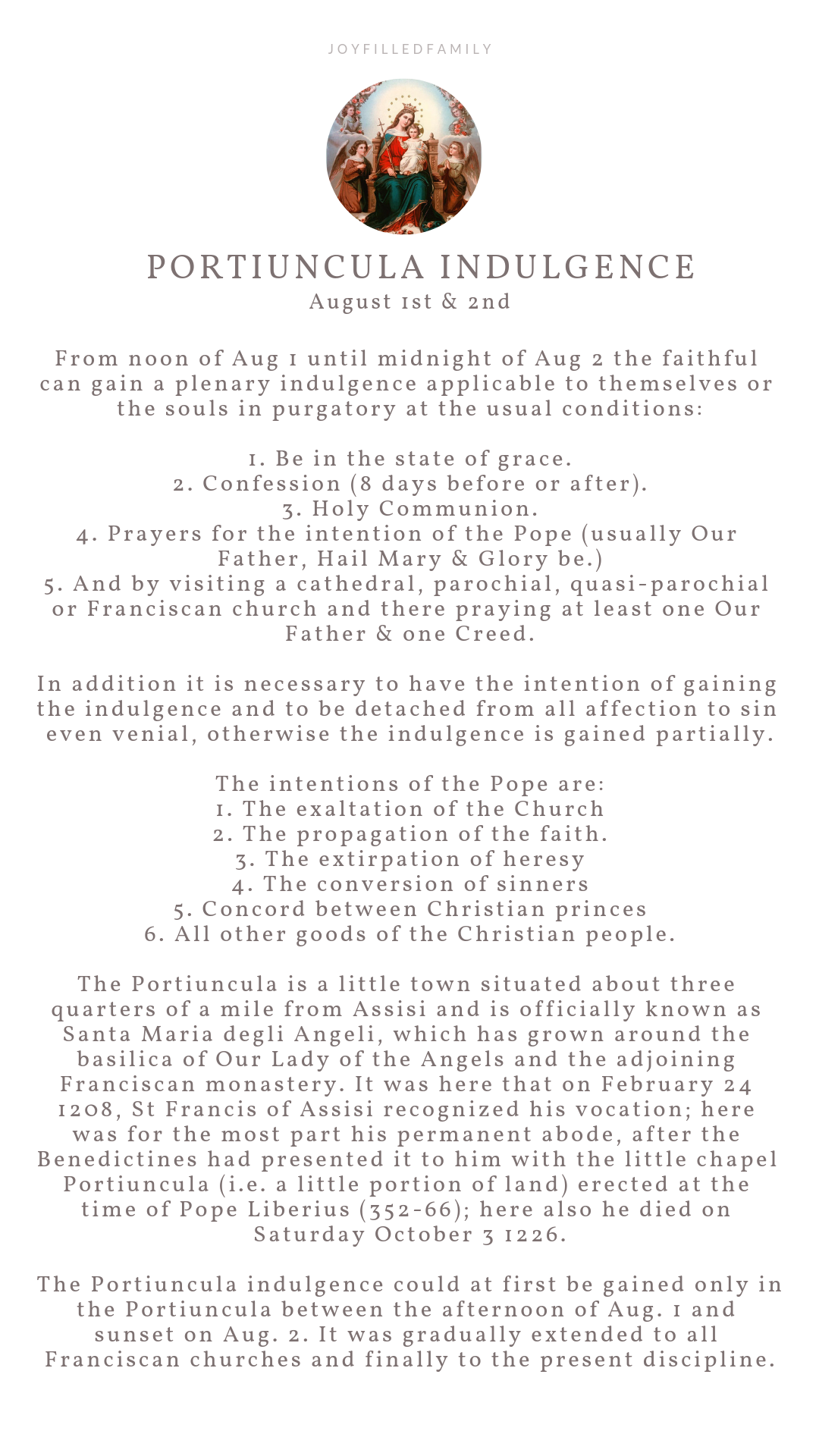On November 27, 1830, the Most Blessed Virgin Mary appeared to Catherine Labouré, a young Sister of Charity in Paris at the rue du Bac. At that time, she was a novice from the Daughters of Charity of Saint Vincent de Paul. Sister Labouré had three apparitions of Our Lady at Rue de Bac 140 in Paris. During the second apparition, Immaculata instructed Catherine to mint and distribute the Miraculous Medal after the pattern revealed.
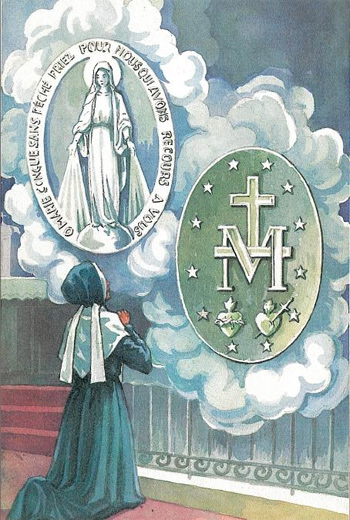
Prayer in English: O Mary, conceived without sin, pray for us, who have recourse to Thee.
Prayer in Latin: O Maria, sine labe concepta, ora pro nobis, qui ad Te recurrimus.

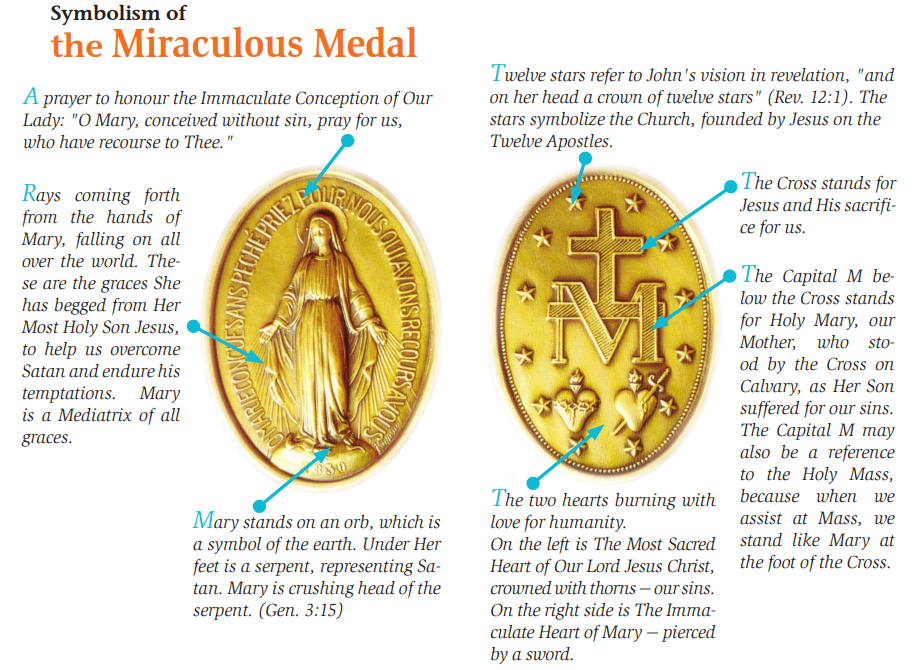
“All those who wear it, will receive great graces especially if they wear it around the neck. Those who repeat this prayer with devotion will be in a special way under the protection of the Mother of God. Graces will be abundantly bestowed upon those who have confidence.”
Our Lady during Second Apparition to St. Catherine Labouré (November 27, 1830)
RESOURCES:
- Miraculous Medal Craft – Catholic Playground
- Miraculous Medal Coloring Page – formatted to have the front and back of the Medal on 1 page – JOYfilledfamily
- DIY Miraculous Medal Ornament – JOYfilledfamily
- Learn more about the Miraculous Medal and request a free & blessed Miraculous Medal – FSSPX St. Thomas Aquinas Seminary
OUR LADY OF THE MIRACULOUS MEDAL
(1830) – White
Nov. 27
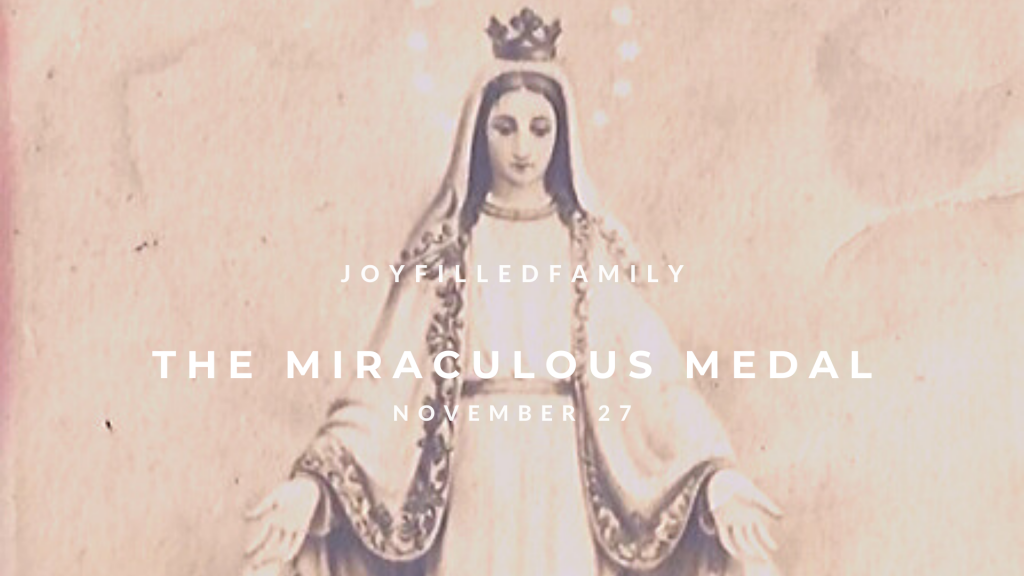
The Blessed Virgin Mary appeared to the young Sister Catherine Laboure while she was at prayer with the Sisters in a chapel in Paris. Our Lady appeared in an oval frame, standing on a globe of the world. She was dressed in a white robe with a blue cloak edged with silver, having as it were diamonds in Her hands from which fell streams of golden rays upon the earth. A voice was heard saying: “These rays are the graces that Mary obtains for men.” Then golden words formed around the oval: “O Mary, conceived without sin, pray for us who have recourse to Thee!” The oval picture then turned around, and on the reverse side the Sister saw the letter M, with a cross above it, having a crosspiece at its base, and below the letter the Hearts of Jesus and Mary, the former surrounded by a crown of thorns, and the latter pierced with a sword. Then the voice said: “A medal must be struck on this pattern; the persons who shall carry it with indulgences attached to it, and shall offer the above prayer, shall enjoy a very special protection from the Mother of God.”
The medal was struck and spread all over the world, and immediately the most wonderful conversions and cures attested to its miraculous efficacy. Devout Catholics everywhere attest to its wonder-working power!
INTROIT Ex 13:9
It shall be a sign in thy hand, and as a memorial before thine eyes, and that the law of the Lord be always in thy mouth.Ps. 104. O give thanks unto the Lord, and call upon His name; tell forth His deeds among the nations.Glory be . . .
COLLECT
O Lord Jesus Christ, who wast pleased that the most Blessed Virgin Mary Thy Mother, immaculate from her first conception, should shine resplendent with miracles beyond number; grant, that, ever imploring her patronage, we may attain the joys of everlasting life; Who livest and reignest . . .
LESSON Apoc. 12:1-16
And a great sign appeared in heaven: A woman clothed with the sun, and the moon under her feet, and on her head a crown of twelve stars. And being with child, she cried travailing in birth: and was in pain to be delivered. And there was seen another sign in heaven. And behold a great red dragon, having seven heads and ten horns and on his heads seven diadems. And his tail drew the third part of the stars of heaven and cast them to the earth. And the dragon stood before the woman who was ready to be delivered: that, when she should be delivered, he might devour her son. And she brought forth a man child, who was to rule all nations with an iron rod. And her son was taken up to God and to his throne. And the woman fled into the wilderness, where she had a place prepared by God, that there they should feed her, a thousand two hundred sixty days. And there was a great battle in heaven: Michael and his angels fought with the dragon, and the dragon fought, and his angels. And they prevailed not: neither was their place found any more in heaven. And that great dragon was cast out, that old serpent, who is called the devil and Satan, who seduceth the whole world. And he was cast unto the earth: and his angels were thrown down with him. And I heard a loud voice in heaven, saying: Now is come salvation and strength and the kingdom of our God and the power of his Christ: because the accuser of our brethren is cast forth, who accused them before our God day and night. And they overcame him by the blood of the Lamb and by the word of the testimony: and they loved not their lives unto death. Therefore, rejoice, O heavens, and you that dwell therein. Woe to the earth and to the sea, because the devil is come down unto you, having great wrath, knowing that he hath but a short time. And when the dragon saw that he was cast unto the earth, he persecuted the woman who brought forth the man child. And there were given to the woman two wings of a great eagle, that she might fly into the desert, unto her place, where she is nourished for a time and times, and half a time, from the face of the serpent. And the serpent cast out of his mouth, after the woman, water, as it were a river: that he might cause her to be carried away by the river. And the earth helped the woman: and the earth opened her mouth and swallowed up the river which the dragon cast out of his mouth.
GRADUAL Ps. 104
Remember the marvelous works which He hath done; His wonders, and the judgment of His mouth. He placed in them the words of His signs, and of His wonders in the land.
Alleluia, alleluia. Ps. 18
His going forth is from the end of heaven; nor is there any that can hide from His heat. Alleluia.
GOSPEL John 2:1-11
At that time there was a marriage in Cana of Galilee: and the mother of Jesus was there. And Jesus also was invited, and his disciples, to the marriage. And the wine failing, the mother of Jesus saith to him: “They have no wine.” And Jesus saith to her: “Woman, what is that to me and to thee? My hour is not yet come.” His mother saith to the waiters: “Whatsoever he shall say to you, do ye.” Now there were set there six waterpots of stone, according to the manner of the purifying of the Jews, containing two or three measures apiece. Jesus saith to them: “Fill the waterpots with water.” And they filled them up to the brim. And Jesus saith to them: “Draw out now and carry to the chief steward of the feast.” And they carried it. And when the chief steward had tasted the water made wine and knew not whence it was, but the waiters knew who had drawn the water: the chief steward calleth the bridegroom, And saith to him: “Every man at first setteth forth good wine, and when men have well drunk, then that which is worse. But thou hast kept the good wine until now.” This beginning of miracles did Jesus in Cana of Galilee and manifested his glory. And his disciples believed in him.
OFFERTORY ANTIPHON John 19
Jesus said to the disciple: Behold thy mother. And from that hour the disciple took her to his own.
SECRET
Moved by the petition of the Blessed Virgin Mary, in answer to whose prayers Jesus Christ Thy Son worked His first miracle, enable us, Lord God, to minister the Sacrament of the Body and Blood of this Thy Son with pure hearts, and thus be counted worthy of Thy eternal banquet. Through the same our Lord . . .
COMMUNION ANTIPHON Eccl. 36
Renew Thy signs, and work new miracles; glorify Thine hand and Thy right arm; hasten the time, and remember the end, that they may declare Thy wondrous works.
POSTCOMMUNION
O Lord God almighty, who givest us all things through the Immaculate Mother of Thy Son, enable us by the aid of this mighty Mother to escape the dangers of this time and come to life everlasting. Through the same . . .




